What if humans weren't the only children of the universe but just 'premature'?

It wouldn't be strange for the vast universe to be crowded with extraterrestrial civilizations other than human beings, but human beings have not been able to find even microorganisms, let alone intelligent life forms. In response to this question, known as
Why Aliens Might Already Be On Their Way To Us-YouTube
Many planets have been observed so far, but no planets with life or traces of extraterrestrial civilization have been discovered.

In considering 'why hasn't the Galactic Battle for Stakes started?' we have to answer a few questions. One of them is 'How long will it take for single-celled organisms to advance into space?'

Single-celled organisms born from lifeless objects cooperate with each other to become multicellular organisms and evolve into complex organisms with large brains.

And at the end of evolution, it will develop into a civilization that advances into space.

I really don't understand how difficult this journey is. In the case of Earth, it took two billion years for single-celled organisms to become multi-celled, and another two billion years for the ancestors of humans to emerge.
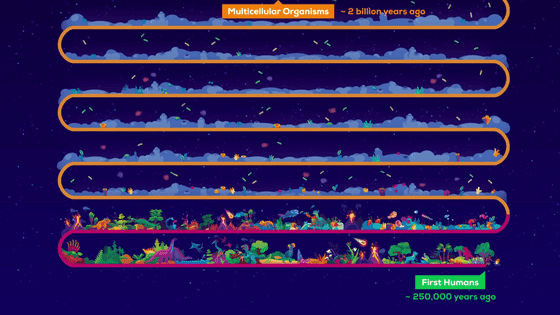
Questions such as whether it took as long for civilization to develop on other planets and whether life on Earth just happened to start early are still unresolved.
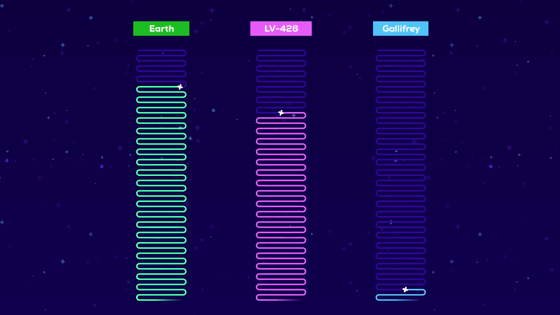
In other words, human civilization may be the first technological civilization in the galaxy.
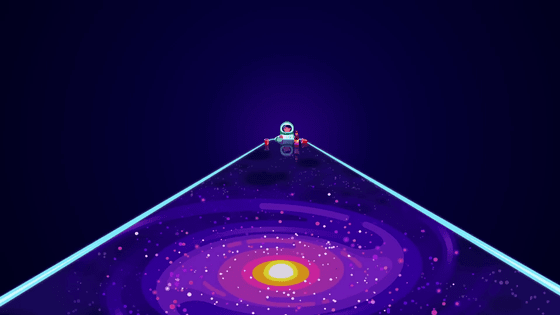
What springs up here is the question, 'Why was mankind born at this timing?'
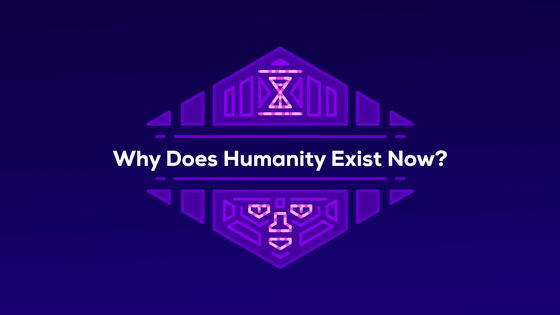
The universe is already 13.8 billion years old, but it is said that it was extremely difficult for a technological civilization to emerge before humans.
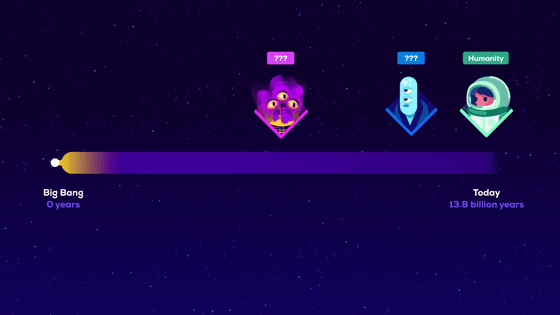
In the early universe, stars were constantly exploding, galaxies colliding, and supermassive black holes spewing out enough radiation to wipe out life over and over again.
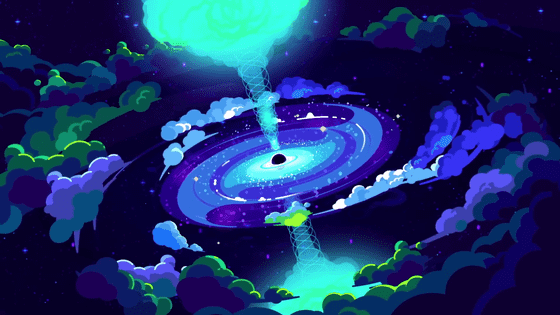
The Sun, which has nurtured life on Earth, was born at the end of these 'death shows.'
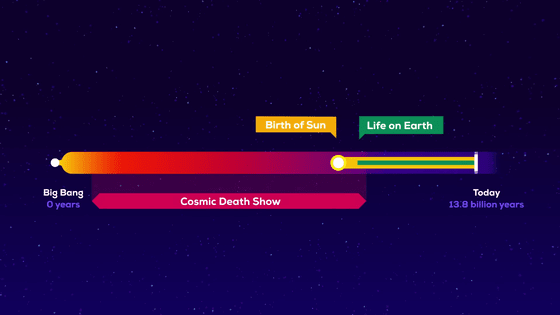
Humanity was born at the perfect time, as the universe has never been more favorable to life than it is now.

Things are a little different when it comes to the future, though. In another billion years, the sun will expand and swallow the earth.
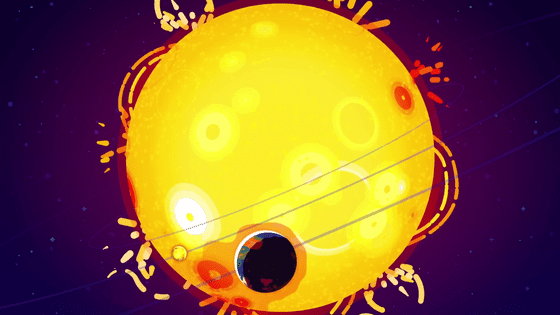
In the universe, the sun is the short-lived one. For example, a type of star called
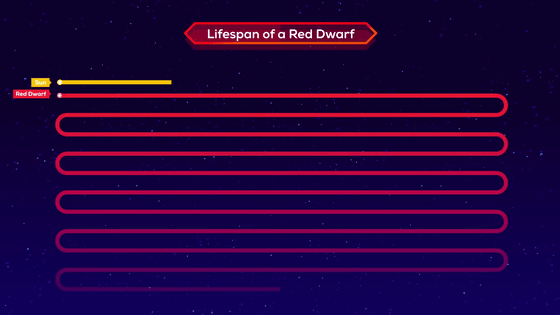
The probability of civilization forming on planets orbiting long-lived stars is much higher in the future than in the past.
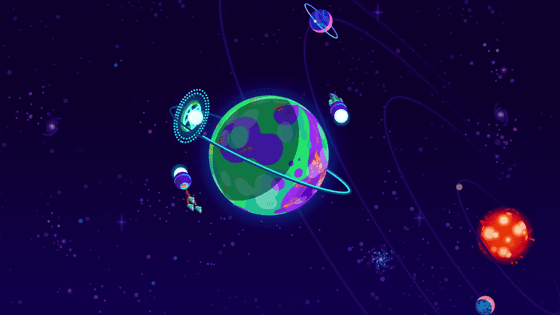
This is because if civilizations appear randomly over a long time axis of over 1 trillion years, the probability of a technological civilization being born in only 13.8 billion years is extremely low.
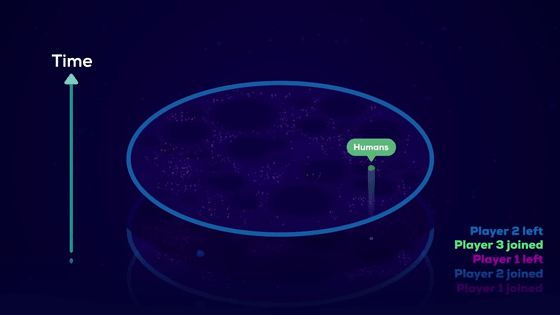
On the contrary, there is a possibility that civilizations will be born one after another from the planets around here in the future.
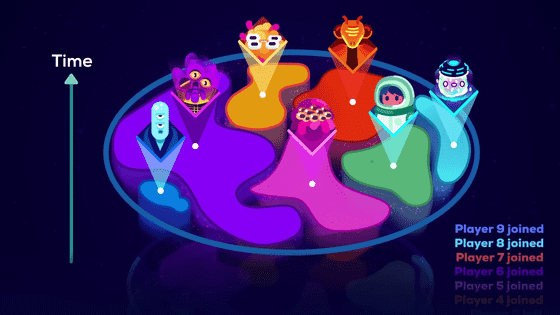
However, we cannot afford to wait too long. Because there is a kind of 'deadline' for civilization to advance into space. We will discuss this deadline later.
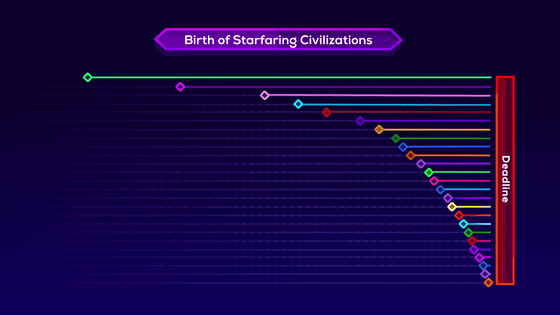
On a different note, even if an extraterrestrial civilization advances into space, if the first civilization dominates most of the galaxy, the later civilization will have no room to expand its power.
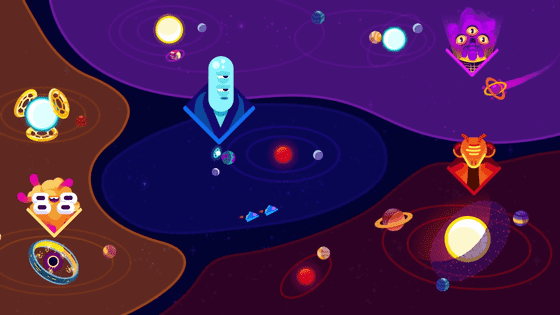
However, humanity is not yet threatened by other extraterrestrial civilizations. 'Then why haven't aliens come to Earth yet?' is the final question.
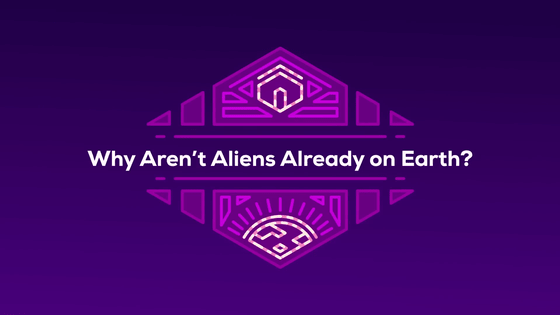
We humans are curious expansionists who have spread across the globe and taken over the land on Earth.

If we continue to develop at this rate in the future, we will eventually embark on space, harvest energy from stars with
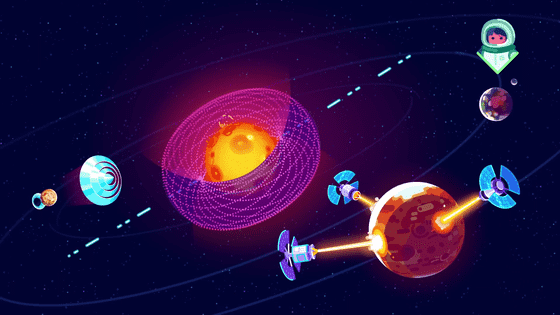
Such civilizations emit 'noise', which is a signal of activity, into space, so they are sometimes described as 'loud civilizations'.
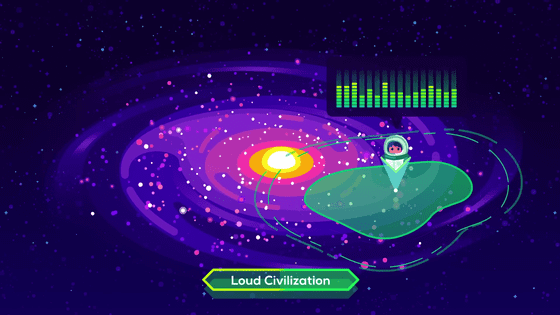
The activities of these civilizations soon become known to other civilizations.
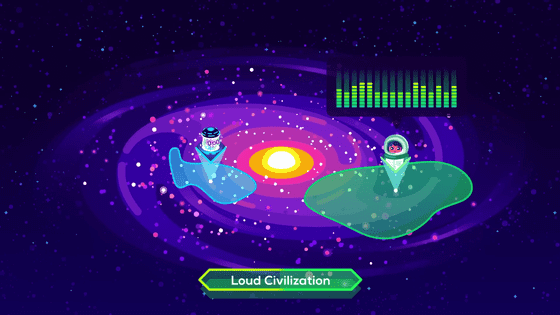
This is similar to how if you actively cut down and burn a tree, you can see it from a distance.

The existence of loud civilizations results in severe environmental destruction.
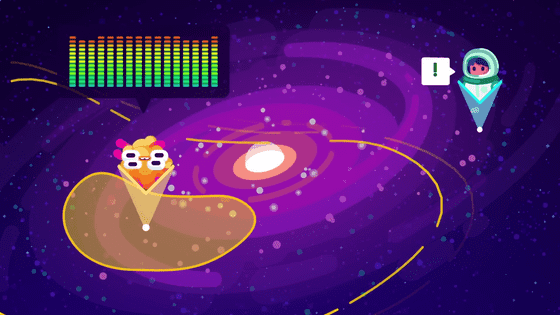
For example, human beings continued to cut down trees, and the possibility of squirrels building civilization became zero. This was not because mankind hated squirrels, but simply because they wanted wood.

Likewise, if the 'loud civilization' had drained the sun's energy before the birth of mankind, mankind could not have appeared.
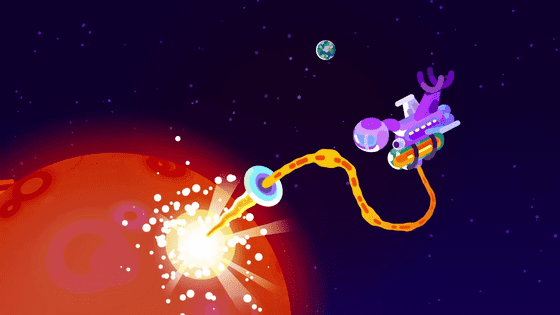
When humans were microbes in water, alien colonization of the earth would have the same result. This is the true nature of the 'deadline' for advancing into space.

Just like human beings today, there is a possibility that a 'silent civilization' exists somewhere in the galaxy that does not fully advance into space. But at least there is no loud civilization in the Milky Way galaxy yet. In other words, it seems good to think that the 'deadline' has not come yet.
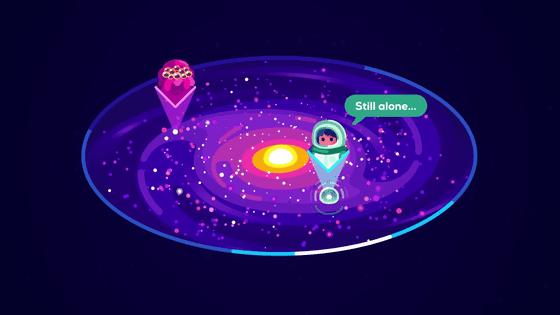
If human beings were not special beings but were simply born prematurely, other civilizations would eventually catch up.
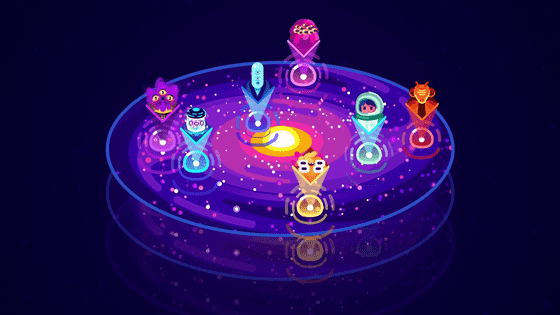
When that happens, civilizations in the galaxy will have to make a decision. It's a decision to 'keep quiet and take it easy and maintain our planet, or rule as much of the galaxy as possible before anyone comes along.'

Encounters with other civilizations create new boundaries. This does not necessarily mean war.

However, it could end up being completely surrounded by other Galactic Empires and driven to the galactic frontier forever.

Kurzgesagt concludes by saying, 'So if you want to sit at the table with the mature civilizations of the galaxy, act fast. If we're the starters, we have an incredible opportunity.' Yes, we can shape thousands and millions of planets according to our visions and dreams.”
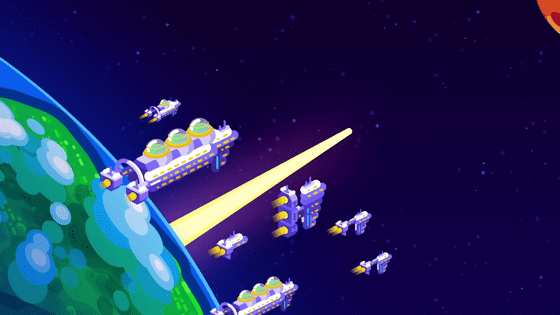
'And one day when I meet my neighbors, I will be able to greet them as equals and see them face to face. Isn't that wonderful?'
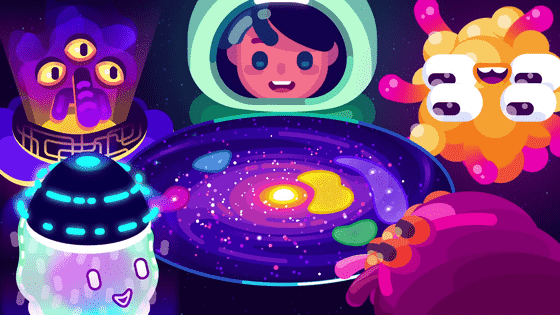
Related Posts:







